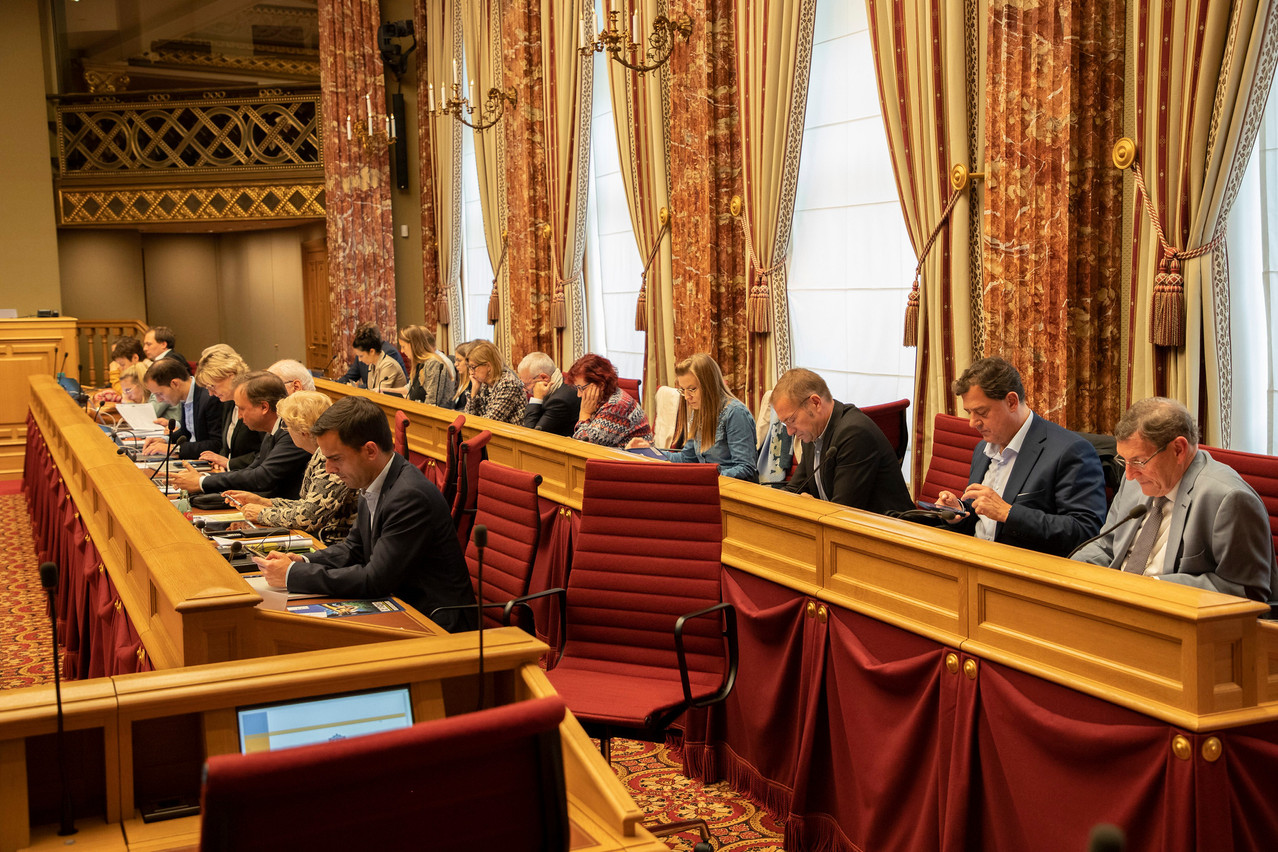Dieschbourg (déi Gréng) over claims of favouritism towards her Green party colleague Roberto Traversini who had received planning permission for a garden shed in a nature protected area after works had already begun.
The politician at the time said she was resigning so that the case could proceed under a common law procedure. However, the matter was as only the Chamber of Deputies can lead an investigation against a member of government, which Dieschbourg was at the time of the alleged misconduct.
The law unanimously adopted on 7 February reduces the Chamber of Deputies’ role to a minimum. Once the law has officially come into force--pending signature by the grand duke--parliament must adopt a resolution to refer the case to the courts and authorise the prosecutor’s office to investigate. Once the investigation is complete, the chamber must then reach a verdict, but only if this happens within the next five months.
Changes to Luxembourg’s constitution regulating the criminal prosecution and members of government and strengthening the separation of powers come into force on 1 July 2023. Under this reform, the chamber will not bear the responsibility for reaching a verdict but this will take place within the justice system.
The law adopted on Tuesday is a temporary fix to allow Dieschbourg’s case to proceed. It will be cancelled out by the constitutional reform from July.
The former minister’s lawyer, François Prum, said he is satisfied with the result and hopes that his client will be heard by the courts as soon as possible.
Members of parliament have already had access to investigation files as part of the case that was brought before them last year. The law adopted on Tuesday clarifies that this does not constitute a procedural flaw. “This does not mean that the rights of the defence of not been violated,” said Prum.
This story was first published in French on . It has been translated and edited by Delano.
